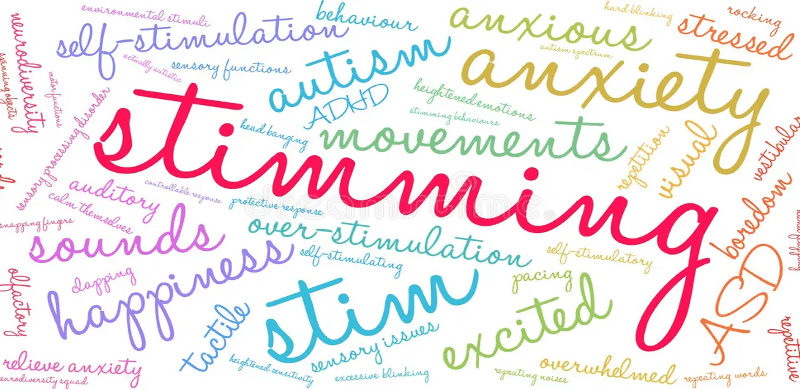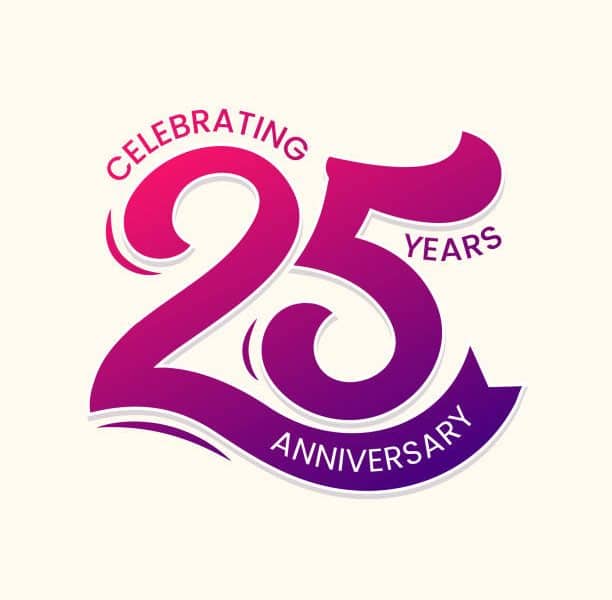

WASHINGTON (WOMENSENEWS)–A scholarly disagreement over Susan B. Anthony, a prominent leader of the 19th century campaign to enfranchise women, is growing into a heated skirmish over the famous suffragist’s position on reproductive rights.
On one side are abortion opponents, who maintain that they are the rightful heirs of Anthony, who died a century ago this year. They are increasingly invoking Anthony’s name and image to serve the anti-abortion cause.
"The facts are the facts," says Marjorie Dannenfelser, president of the Susan B. Anthony List, a political action committee in Alexandria, Va., that works to boost anti-choice candidates for state and federal office. "Her quotes really stand for themselves. They’ve been well documented and well researched at the Library of Congress."
On the other side are pro-choice activists who contend that Anthony did not make her views about abortion public.
"There’s absolutely nothing in anything that she ever said or did that would indicate she was anti-abortion," said Gloria Feldt, an activist and author who formerly served as head of the Planned Parenthood Federation of America.
Comparisons between contemporary and 19th century debates over abortion are meaningless because of the different cultural contexts, Feldt added.
Clash With ‘Core Feminist Principles’
Feminists for Life of America is a nonprofit group in Alexandria, Va., that opposes abortion because it clashes with what they say are the "core feminist principles" of justice, nonviolence and nondiscrimination.
The group has made Anthony’s ghost their virtual spokeswoman, placing her sober visage in newspaper advertisements and on the home page of their Web site.
In August, a Feminists for Life member purchased Anthony’s birthplace in Adams, Mass. The national organization plans to manage the property and make it accessible to the public in an as yet undecided fashion.
Dannenfelser’s Susan B. Anthony List is also playing a leading role in promoting Anthony as an opponent of abortion.
The political action committee–which aims to increase the percentage of anti-choice women in Congress but also to defeat pro-choice female candidates by backing their anti-choice male opponents–is named after Anthony because officials there say she was "an outspoken critic of abortion."
In naming their group after Anthony, anti-choice activists hope to tell women the "untold" story "that she was strongly pro-life."
These efforts have pro-choice activists outraged over what they say is an unproven claim and concerned that their heroine is being appropriated by a community led by the very people Anthony battled during her lifetime: social conservatives.
Nora Bredes, director of the Susan B. Anthony Center for Women’s Leadership at the University of Rochester in New York, has been having weekly conversations with colleagues about strategies to reclaim Anthony’s legacy.
She and her colleagues are contemplating rhetorical tools ranging from coordinated letters to newspaper editors and public relations campaigns, Bredes said.
Anti-Choice Connection Escaped Scholars
"A lot of scholars did not have a clue this was happening," said Ann Gordon, a research professor in the history department at Rutgers, the State University of New Jersey, and the editor of the "Selected Papers of Elizabeth Cady Stanton and Susan B. Anthony."
Students now routinely assume Anthony opposed abortion, a view based more on fiction than on fact, says Gordon, who has pored over Anthony’s letters and speeches, as well as articles in The Revolution, a feminist newspaper Anthony published from 1868 to 1870.
Comparing the debate over abortion today with the debate that was taking place in the 19th century is misleading, Gordon said.
Abortion was legal through the first half of the 19th century but it was extremely risky, according to the National Abortion Federation in Washington, D.C.
In the mid-1800s, states began passing laws against abortion for a variety of reasons, and were urged on by male physicians who were beginning to organize professionally, according to the center. They sought to criminalize abortions so they could put "untrained" practitioners, including midwives, out of business.
The subject became "a political hot potato" that suffragists deliberately avoided so they could focus their efforts on enfranchising women, Feldt said. Anthony in particular shied away from discussing sexuality, a subject considered taboo especially for unmarried women like her, Gordon said.
The reasoning behind contemporary anti-choice views is also inconsistent with ideas that undergirded the suffrage movement: secularism, the separation of church and state, and women’s self-ownership, Gordon said.
"She never voiced an opinion about the sanctity of fetal life," Gordon said of Anthony. "And she never voiced an opinion about using the power of the state to require that pregnancies be brought to term."
‘Bits of Evidence’ Paint Picture
But Mary Krane Derr, a member of Feminists for Life and co-editor of the anthology "Prolife Feminism: Yesterday and Today," cites "bits of evidence" that paint a picture suggesting Anthony opposed abortion. She says the view is in line with the suffragists’ reverence for all life, which was reflected in their campaigns against slavery and for women’s equality.
One of Derr’s main arguments arises from an 1869 article–signed only with the initial "A"–in The Revolution in which abortion is called "the horrible crime of child-murder."
Derr links Anthony to the article because Anthony published The Revolution, occasionally signed her name as "S.B.A." and was referred to as "Miss A."
But Gordon says Anthony did not write that article and that many of the ideas expressed in the article clash with her known beliefs.
Lynn Sherr, an ABC News correspondent who wrote "Failure Is Impossible: Susan B. Anthony in Her Own Words," sides with Gordon, noting that Anthony didn’t sign her pieces "A."

"We’ve pointed this out zillions of times," Sherr says. "I don’t know what her position on abortion is, and for them to pretend that they do is simply flat-out wrong."
Derr concedes she could be wrong, but says even if Anthony didn’t write the article, she most likely agreed with the author’s position because she served as publisher of The Revolution.
"There are many, many references in The Revolution and other early feminist literature to abortion as ‘child-murder’ or ‘ante-natal infanticide’, ‘destroying the life of the unborn child,’ or some similar term, she says. "If an abortion killed both woman and fetus, it was spoken of as a taking of two lives instead of one."
Serrin Foster, president of Feminists for Life, echoed the sentiment: "You know where people stand by how things are written in their publications. There is nothing good that is ever said about abortion" in The Revolution.
Sherr, however, contends that newspaper managers do not necessarily agree with all opinions expressed in their publications, and Gordon notes the paper served as a forum for debate.
Derr also points to an 1875 speech Anthony gave in which she described abortion as an injustice. The speech, Derr says, contains concepts similar to those expressed in the 1869 article signed by "A."
Gordon says the comment is ambiguous and that it may reflect Anthony’s regret over the existence of abortion but not necessarily her opposition to it.
Feminists for Life and the Susan B. Anthony List officials highlight other anti-abortion quotes they attribute to Anthony.
But after poring over the entirety of Anthony’s record, Gordon and Sherr say these quotes have either been taken out of context, do not express anti-choice views, or were not written or uttered by Anthony.
"I looked desperately for some kind of evidence one way or the other as to what her position was, and it just wasn’t there," Sherr said.
Allison Stevens is Washington bureau chief at Women’s eNews.
For more information:
The Susan B. Anthony Center for Women’s Leadership:
http://www.rochester.edu/SBA
Feminists For Life:
http://www.feministsforlife.org
Note: Women’s eNews is not responsible for the content of external Internet sites and the contents of Web pages we link to may change without notice.


